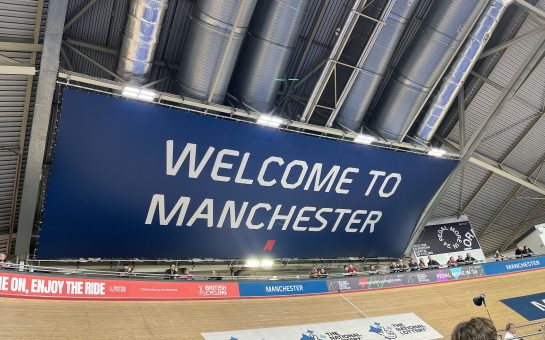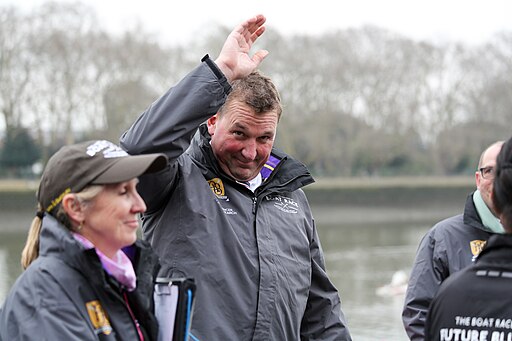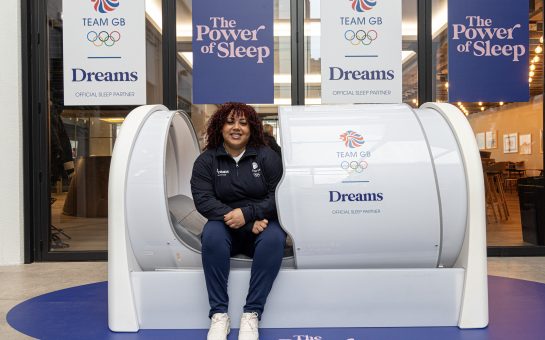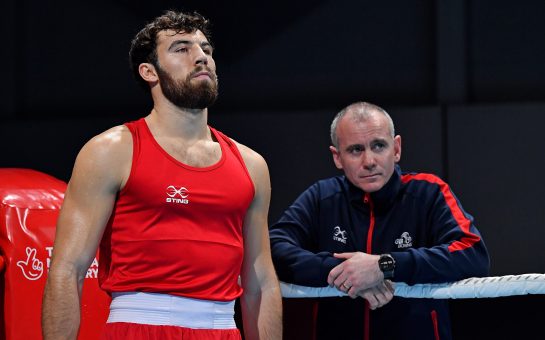The ladies are leading the way while the boys lag behind in the race for 2018 Pyeongchang Olympic gold, according to the Team GB moguls ski head coach.
The 2014 Sochi Olympics saw a significant step forward for Great Britain in winter sport after the team equalled the British record of four medals won at the inaugural Winter Olympics in Chamonix in 1924.
Women led the way with Lizzy Yarnold’s skeleton gold, bronze for the women’s curlers and Jenny Jones in snowboard slopestyle, GB’s only medal on snow, along with a silver for the men’s curlers.
The trend is continued in the Paralympic games where Kelly Gallagher clinched GB’s first-ever gold in the super-G skiing with guide Charlotte Evans.
However, GB Moguls Ski Team manager and head coach Chris David believes the medal haul could have been greater, but he insists the future looks bright especially with the nation producing such strong female athletes.
“It was a brilliant games for us, but a few of our key athletes were injured so we didn’t come away with quite the number we could have had,” the Manchester-based coach told MM.
“But the future is looking great and all of us on Team GB have taken heart from the fact that now we have so many athletes in the top 10 at World Cup and Olympic level.
“Our potential is fairly weighted towards the girls with them showing the most promise and we just seem to be producing very strong female athletes at the moment.”
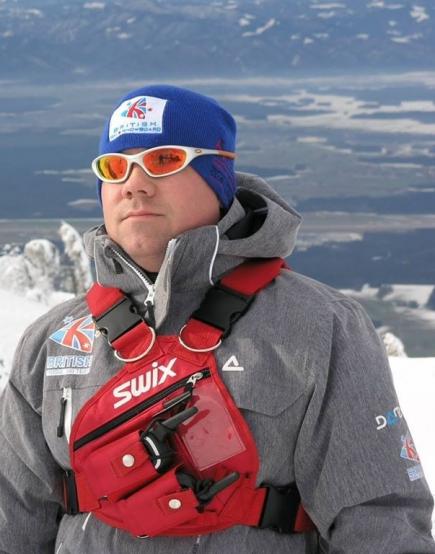
The ski and snowboard expert is also the Chill Factore snow sports manager and currently the Manchester sports facility sponsor 29 talented youngsters.
This includes the 18-year-old freestyle skier Rowan Cheshire, who sadly missed out on her Olympic debut at Sochi, and 16-year-old British Boardercross champion Maisie Potter and skicross athlete Emma Peters.
Looking ahead to the 2018 Pyeongchang Olympics in South Korea, the GB coach is confident that these athletes will perform and believes it will be the female athletes overall with the greatest medal chances.
“We will have our strongest team to date at the next games and we can win more medals than we did in Sochi fingers crossed,” the Sheffield-born manager said.
“Rowan will definitely be in the mix when competing for medals. She has another three or four Olympics ahead of her at least and I think in many ways having been there and being a part of the atmosphere will give her a great hunger to want to go back.
“It’s exciting times because we have youngsters like Maisie, who won bronze in an event in Austria last year and is looking on course to do very well again.
“Also there is Emma Peters. I believe by the next Winter Olympics she will be the number one skicross athlete.
“Of course, we need to continue with our guys and seeing the talent there but it is our females who are leading the way at the moment.”
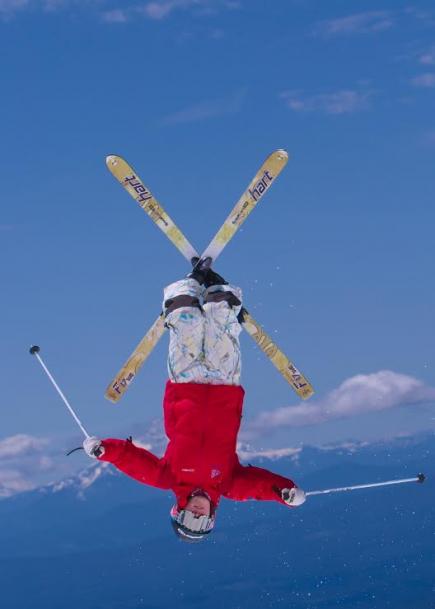
Another of the potential GB female medal contenders is the talented Derbyshire mogul skier Ellie Koyander, who made her debut in the 2010 Vancouver Games and is also sponsored by the Chill Factore.
Koyander insists that she is focused on Pyeongchang after her Russian disappointment.
“I didn’t make Sochi but I want to go for gold in Korea now,” the 18-year-old revealed to MM.
“Of course, I was disappointed but, as soon as I knew I hadn’t been selected for Team GB for Sochi, I instantly knew that I wanted to go another four years to Korea.
“I am very positive and I have definitely got the fuel and the fire in the belly to get me to the next Olympics.”
Despite such potential, David is eager for winter sports to greatly expand in Great Britain and the snow sports fanatic insists more time and funding needs to be implemented to match the success of summer sports.
“The level of funding is a tiny fraction in comparison with what summer sports receive and what we really need to see is for equal recognition for the two,” the ski and snowboard expert explained.
“There is an awful lot of potential talent that comes through the doors and despite not being considered to be an alpine nation we are certainly beginning to bridge the gap between other countries but we need to do more.
“Great Britain is starting to turn heads on the international circuit. People are realising that the nation has got a lot to offer but we need to see an increase in funding.
“We are producing world champions and had the biggest Olympic team ever in Sochi.
“Think what kind of achievements we could see if more money was put in.”
Despite the lack of funding available at present for elite skiers David is delighted with the increased participation levels during the Olympics across Great Britain, especially at the Chill Factore.
“We have seen a huge spike with the number of people wanting to try skiing and snowboarding with the classes being packed and we have had, without a shadow of a doubt, our busiest winter and beginning of spring on record,” the GB coach said.
“It’s been crazy at times.”
With the ‘Wimbledon effect’ grabbing a hold of winter sports, David believes that skiing and snowboarding could now become a sport of the masses.
“On the day, Jenny Jones won her bronze our shop had its biggest day by almost completely running out of snowboard gear. They attributed most of the sales to children coming in and wanting to get kitted up and try it for the first time,” David continued.
“It’s not just here though as I’ve heard that back in Jenny’s home town of Bristol her local slope has sold out of snowboard lessons completely for the next three months.
“This really is a fantastic opportunity to catch the Olympic fever and get into it. Skiing and snowboarding used to be considered quite elitist but that is not the case anymore.
“It’s accessible to a lot of people.”
Images courtesy of Team GB, with thanks
